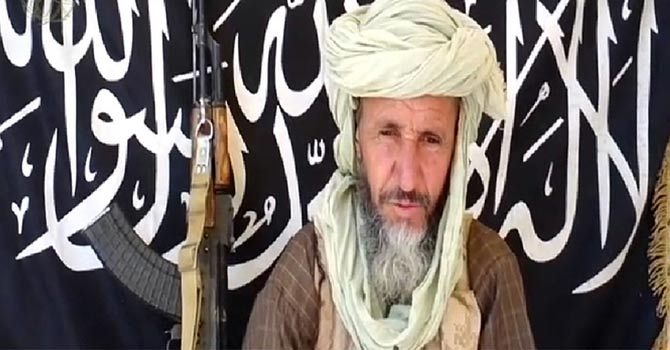As usual, Egypt played a pioneering role in bringing together the Libyan parties, to reach a consensus capable of speeding up the elections.
Cairo embraced the Speaker of the Libyan House of Representatives, Aguila Saleh, and the Head of Libya’s High Council of State, Khaled Al-Mishri. This is before hosting a meeting between the General Commander of the Libyan National Army (LNA), Field Marshal Khalifa Haftar, and Chairperson of the Presidential Council, Mohamed Al-Menfi, and then finally between the trio of Haftar, Saleh, and Al-Menfi.
This positive movement, which the Libyan crisis witnessed recently, discussed ways to hold the postponed presidential and parliamentary elections. This comes in light of the recent understandings between the House of Representatives and the state regarding its constitutional base and ending the existence of two governments in the country.
The most prominent points of agreement between the three parties were regarding the necessity of putting an end to external interference to settle the crisis and activating dialogue between the Libyan parties away from these interventions.
Despite the points of the agreement produced by the meetings, the differences and discrepancies were too deep to be resolved overnight.
The strongest points of disagreement were over the constitutional rule governing the political track, and the points related to dual nationality and military candidates for the elections, especially the presidential one.
These differences still represent major discrepancies between the three parties without reaching solutions.
This prompted the three parties, at the end of their last meeting, to agree on “continuing consultations to coordinate on the developments of the crisis,” without reaching a timetable for the political and constitutional tracks, or defining a clear timetable for holding elections.
The elections had stalled in Libya two years ago, following a dispute between the House of Representatives and the High Council of State regarding the candidacy of military personnel and dual nationals for the presidency of the country. As the High Council of State rejected it, while Parliament strongly supported everyone’s candidacy.
No progress has yet been made on the level of national reconciliation, unification of the military establishment, and disarming militias. These conditions are not only important but necessary and crucial for organizing general elections in a country that is largely subject to tribal sensitivities and the power of arms.
What Egypt is seeking is a Libyan-Libyan consensual solution based on a Libyan national vision. This is to restore the capabilities of the Libyan people, build state institutions, and preserve Libyan wealth. The visions of all the main political actors in Libya, whether from the east, west or south, come together to work on a regional scale that embraces a Libyan national vision in which everyone shares without distinction.
Egypt’s vision of ending the Libyan crisis revolves around the fact that these scheduled elections are just the beginning of setting a framework for the search for a political solution to the current situation, and the immediate disposal of armed militias that threaten the Libyan homeland and disrupt the course of the political process.
The chances of holding elections indeed remain slim at present, given that the most important point remains unresolved. I mean the question of the candidacy of the military and dual nationals, in addition to not creating an environment in which all parties can accept the results of the elections. However, hope remains pinned on the occurrence of any breakthrough in the Libyan scene that will lead everyone to find a map of settlements and create a consensus on the critical and overlapping issues in the constitutional rule document. Finally, going to a popular referendum remains one of the most important advantages offered, provided the security environment is created.
Dr Hatem Sadek is a Professor at Helwan University

